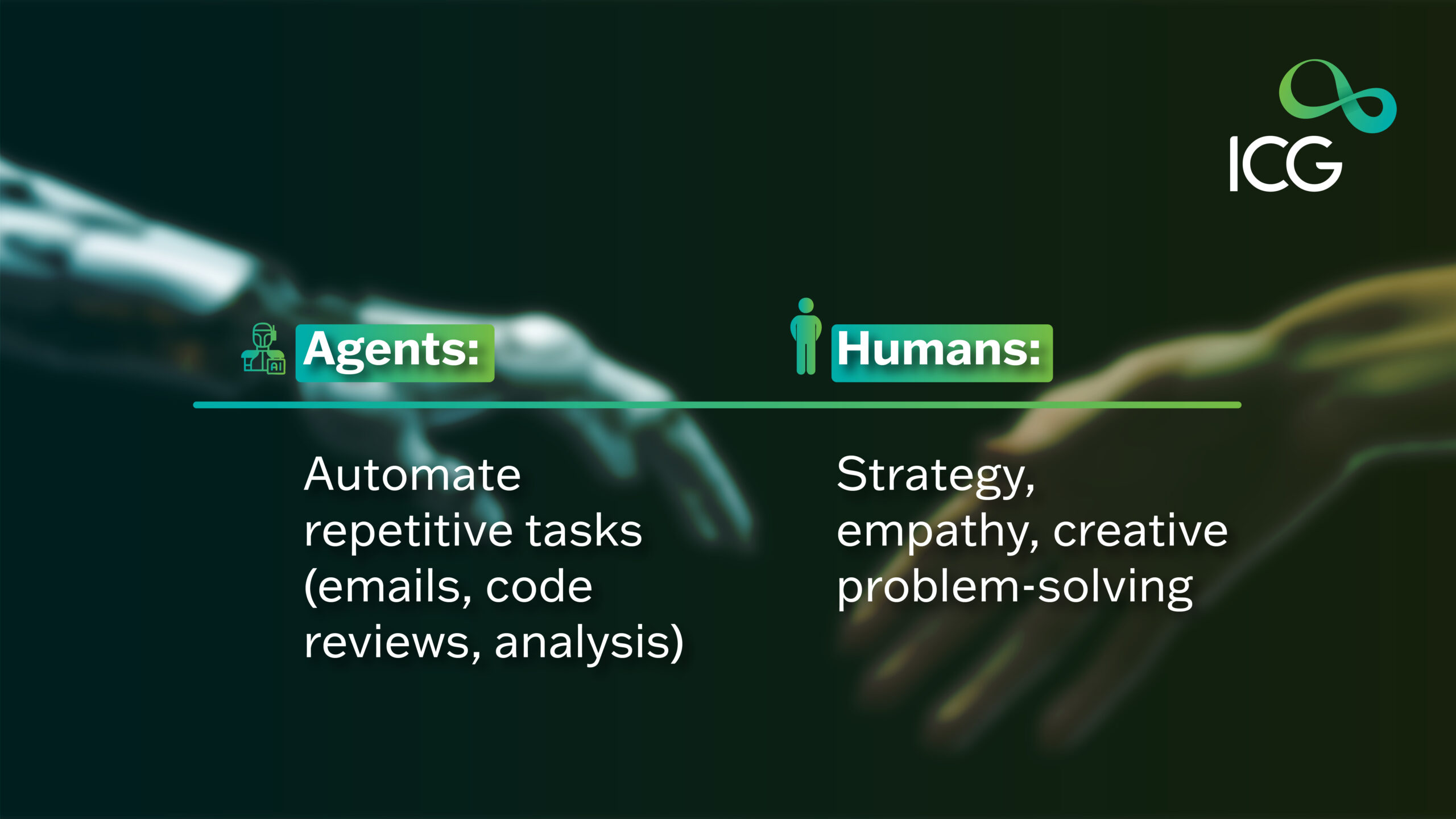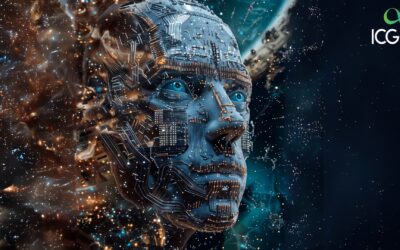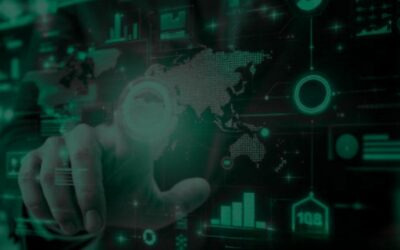From assistant to agentic, artificial intelligence is evolving. Agentic AI makes decisions and acts in real time, often without a human being involved, whereas traditional AI models wait for commands. Since agents can now perceive context, plan, and act, organizational charts will eventually contain “digital colleagues” alongside human ones.
From Self-Governing Decision-Makers to Prediction Models
To understand how this differs from traditional models, consider that while agentic systems address an end-to-end goal (e.g., “monitor market sentiment and rebalance my portfolio within pre-set risk bands”), most generative systems simply react to a prompt (e.g., “write a summary”). Researchers describe agents that continually consume streaming data, do simulations, and then initiate transactions or process modifications without waiting for human approval until thresholds are crossed.
AI-Driven Decision-Making at Industrial Scale
These developments are not limited to software applications. In the heavy industry sector, this change is more pronounced than anywhere else. Autonomous agent teams are shown overseeing mines and production lines in XMPro’s 2025 guide. A procedure that used to take hours to complete is now completed in seconds by agents who pull real-time sensor data, predict failure, rearrange maintenance teams, and automatically purchase spare components.
Beyond industrial use cases, financial services offer another perspective. With each transaction cryptographically linked to the user’s intent, retail-shopping bots can safely settle transactions thanks to Mastercard’s Agentic Token and Agent Pay architecture. The business addresses the lack of trust that historically hampered autonomous trade by integrating auditability and spending restrictions.
Collaboration, Not Replacement
Despite fears of displacement, data suggests that augmentation comes first; concerns about agents replacing workers are reminiscent of previous automation waves. According to the Harvard Business Analysis, companies are reassigning employees to higher-level duties while agents manage emails, write code reviews, or analyze job applications. Also, the entire addressable market for “digital labor” may approach the trillions, hence increasing rather than decreasing the workforce.
As organizations adapt, new service paradigms are unlocked by human-AI collaboration. One coordinating agent can manage a team of sub-agents in contact centers that collect articles from knowledge bases, write responses, and rate the quality of calls, freeing up human supervisors to coach empathy and manage complex negotiations. While employees concentrate on handling exceptions, researches highlight travel brands that are implementing personal concierge agents to assist clients from door to gate.
Ethical & Governance Challenges
However, the rise of autonomous agents raises critical questions. Adding an agency to software presents difficult issues, such as who is responsible for poor choices? How can we stop jailbreaks and agent collusion? Consent management—encompassing fine-grained controls that enable users to restrict autonomy, inspect logs, and revoke privileges—is a key component of Mastercard’s architecture. The same principles—rigorous audit trails, transparent reasoning pathways, and enforceable boundaries—must apply to all sectors.
To address these challenges, standards organizations and governments are taking action. The EU’s AI Act, the U.S. NIST AI Risk Management Framework, and new ISO committees all explicitly reference “multi-agent systems.” Businesses using agents should establish an Agent Governance Board that pairs ethicists with data scientists, conduct red-team adversarial testing, and map each use case against emerging regulations.
Re-Skilling Tomorrow’s Workforce
To keep pace with these transformations, the most valued human talents are shifting toward system design, prompt engineering, oversight, and domain-specific innovation as agentic AI begins to assume complex orchestration duties. In response talent strategists suggest two strategies: first, train current staff in agent-supervision tools and basic scripting so they can effectively set and manage AI guardrails, and second, hire for new “fusion” roles, which are positions that combine deep industry knowledge with fluency in AI, like a nurse who becomes an AI workflow architect. Software companies are incorporating low-code agent builders into popular productivity suites, and educational institutions are rapidly adapting by offering nanodegrees in fields such as AI negotiation and autonomous agents. As this shift takes place, “AgentOps” positions might soon be just as crucial to businesses as DevOps and RevOps.
Bringing It All Together
Like the internet or smartphones, agentic AI represents the next great productivity plateau. It promises continuous, autonomous action that is in harmony with human judgment, not just faster analytics. Businesses will out-innovate their peers caught in reactive AI paradigms if they can master trusted autonomy, provide their employees with supervisory skills, and instill ethics in every line of code. The workforce of the future will be comprised of both humans and agents, each complementing the strengths of the other to create value at the speed of thought.

The ICG Approach
At ICG, we offer a customized approach that empowers your teams with the latest insights and technology expertise to navigate the demands of today’s digital age. As Saudi Arabia embarks on its digital transformation journey, ICG plays a pivotal role in shaping the Kingdom’s tech landscape by providing cutting-edge solutions, strategic consultancy, and fostering innovation. Our comprehensive guidance, from fundamental concepts to practical implementation, helps organizations mitigate risks, stay ahead of the competition, and unlock their full potential in the accelerating digital environment.
Ready to talk?
Request your free consultation to learn more about ICG’s capabilities and enablement to embark on a transformative expedition toward the summit of success.








